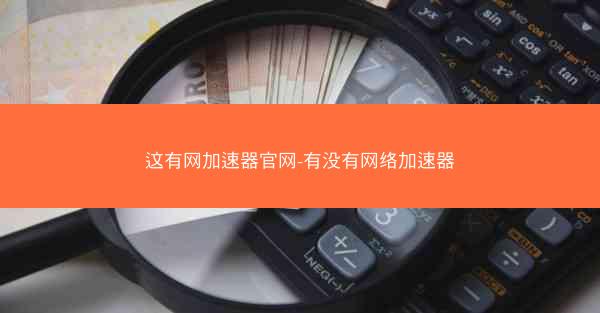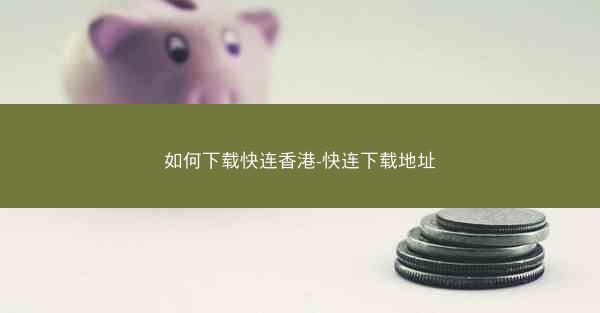在英语中,leave behind是一个常用的短语,意为留下、遗留。这个词组在日常生活中经常被使用,尤其在描述离别、搬家或旅行时。本文将通过一系列的例句,帮助读者更好地理解和使用leave behind这个词组。 二、离别时的leave ...

在英语中,leave behind是一个常用的短语,意为留下、遗留。这个词组在日常生活中经常被使用,尤其在描述离别、搬家或旅行时。本文将通过一系列的例句,帮助读者更好地理解和使用leave behind这个词组。
二、离别时的leave behind
1. 当我们离别时,总会有些东西留在原地。例如:When I left for college, I accidentally left behind my favorite pen.(当我去上大学时,我不小心把我的最爱笔留在了家里。)
2. 在分手时,我们可能会留下一些物品。例如:Don't forget to leave behind your keys when you break up with your partner.(当你和你的伴侣分手时,别忘了留下你的钥匙。)
3. 离开家乡时,我们可能会留下一些回忆。例如:I will always leave behind beautiful memories of my hometown.(我总会留下关于家乡的美好回忆。)
三、搬家时的leave behind
1. 搬家时,我们可能会忘记带走一些物品。例如:I left behind my laptop when I moved to a new apartment.(我搬家时把我的笔记本电脑留在了旧公寓。)
2. 在搬家过程中,我们可能会不小心留下一些垃圾。例如:Don't leave behind any trash when you move out of your house.(当你搬出家时,不要留下任何垃圾。)
3. 搬家后,我们可能会发现一些遗留物品。例如:I found a box of old photos that I left behind in the attic.(我在阁楼上发现了一个我留下的旧照片盒子。)
四、旅行时的leave behind
1. 旅行时,我们可能会忘记带走一些必需品。例如:Don't leave behind your passport when you go on a trip.(当你去旅行时,不要忘记带上你的护照。)
2. 在旅行中,我们可能会不小心留下一些物品。例如:I left behind my sunglasses on the beach.(我把我的太阳镜留在了海滩上。)
3. 旅行结束后,我们可能会发现一些遗留物品。例如:I found a postcard that I left behind in a hotel room.(我在酒店房间里发现了一张我留下的明信片。)
五、其他情境下的leave behind
1. 在工作中,我们可能会留下一些文件。例如:Don't leave behind any important documents when you quit your job.(当你辞职时,不要留下任何重要文件。)
2. 在学习过程中,我们可能会留下一些笔记。例如:I left behind some notes on the desk before I went to class.(我去上课之前,在桌子上留下了一些笔记。)
3. 在生活中,我们可能会留下一些物品。例如:I left behind my wallet in the restaurant.(我把我的钱包留在了餐厅。)
通过以上例句,我们可以看出leave behind这个词组在生活中的广泛应用。无论是在离别、搬家、旅行还是其他情境下,我们都有可能用到这个词组。掌握这个词组,有助于我们在日常生活中更加准确地表达自己的意思。
七、注意事项
在使用leave behind这个词组时,需要注意以下几点:
1. leave behind后面通常跟名词或代词,表示留下的具体物品。
2. 在某些情况下,我们可以使用leave behind的被动形式,如be left behind,表示被留下。
3. 在口语中,我们还可以使用leave sth. behind的结构,表示留下某物。
leave behind是一个实用的英语短语,掌握它有助于我们在日常生活中更加流畅地表达自己的意思。




















